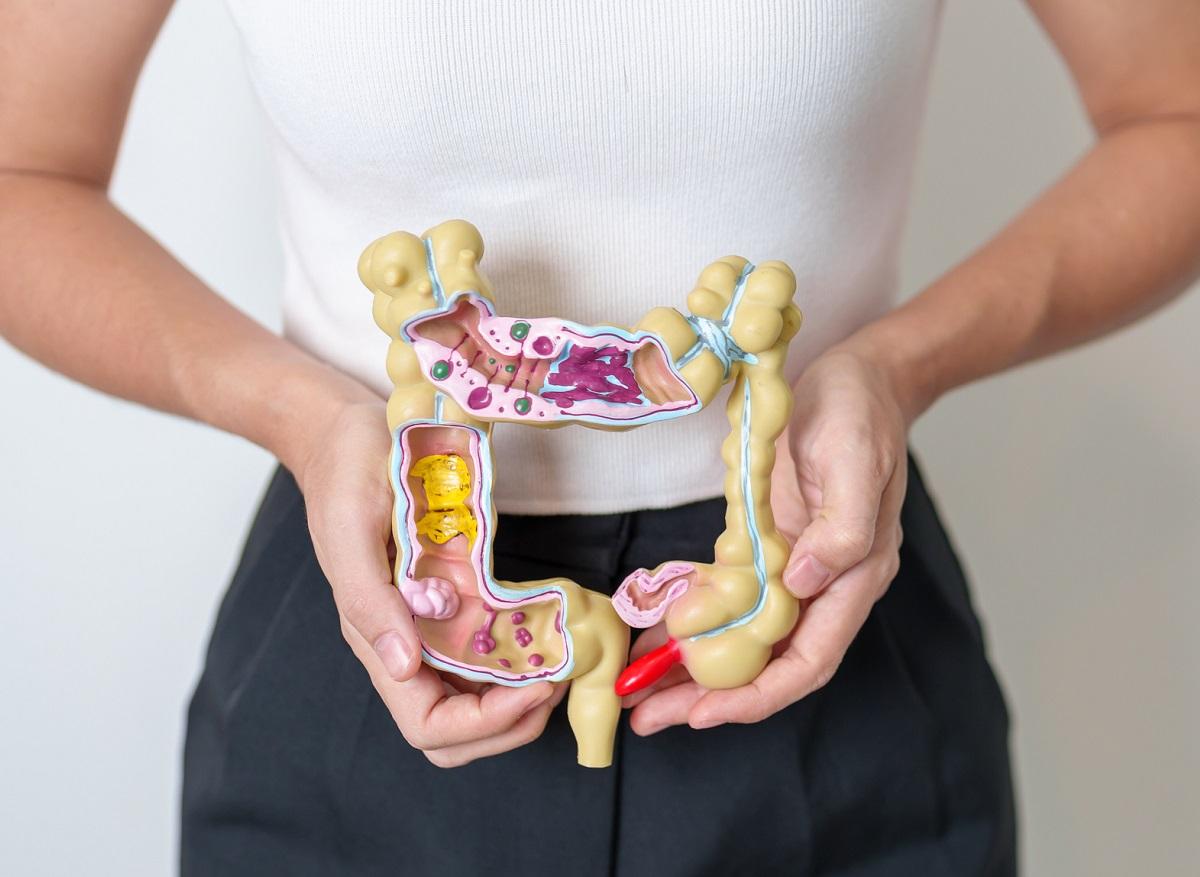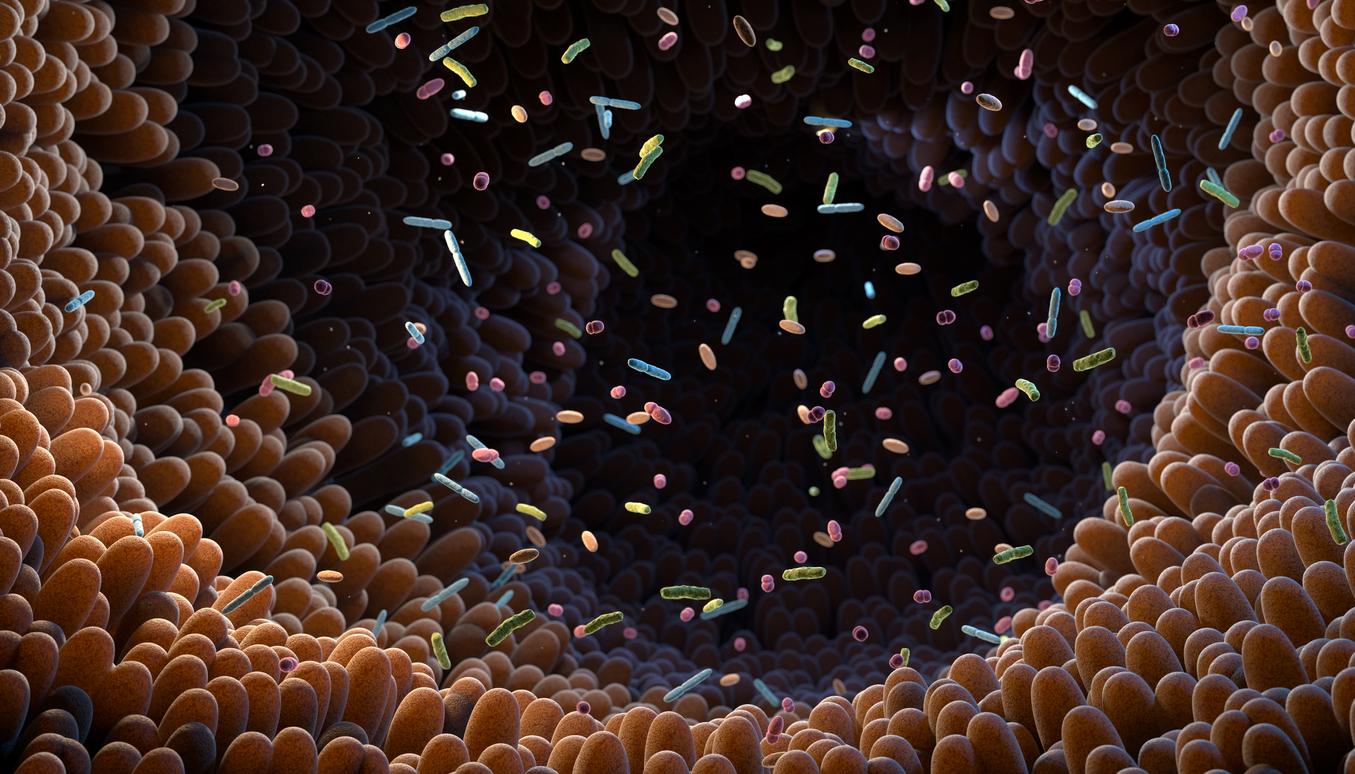Pomegranates would be the key to a treatment against inflammatory bowel disease. Urolithin A, a metabolite, as well as its synthetic equivalent, would be a major element in the treatment of inflammatory colitis.

Inflammatory bowel disease (IBD) includes Crohn’s disease and ulcerative colitis, two diseases characterized by long-term inflammation of the wall of part of the digestive tract. They are the result of dysregulation of the immune system leading to intestinal inflammation and microbial dysbiosis, as detailed in the study published in NatureCommunications.
They cause, in the case of ulcerative colitis, digestive disorders and diarrhea which may be accompanied by loss of blood. In the case of Crohn’s disease, patients suffer from abdominal pain, chronic diarrhea, and weight loss. In France, for every hundred thousand inhabitants, about ten new cases of Crohn’s disease and ulcerative colitis are diagnosed each year.
UroA, the key to new treatments
In this new study, researchers from the University of Louisville in Kentucky have identified a natural compound that may improve treatments for IBD. The compound, called urolithin A (UroA), is a metabolite produced by the interaction of gut bacteria with certain polyphenols found in pomegranates and some other fruits, including berries.
Specifically, ellagic acid — found in pomegranates and berries — interacts with a strain in the gut, releasing UroA. In addition to the anti-inflammatory effect of UroA, researchers have identified that it strongly reinforces intestinal barrier function. This compound also has a synthetic equivalent called UAS03, which has the same, if not stronger, therapeutic effect in the case of IBD. Thus, this discovery could, after further studies, lead to the creation of more effective IBD drugs.

.















